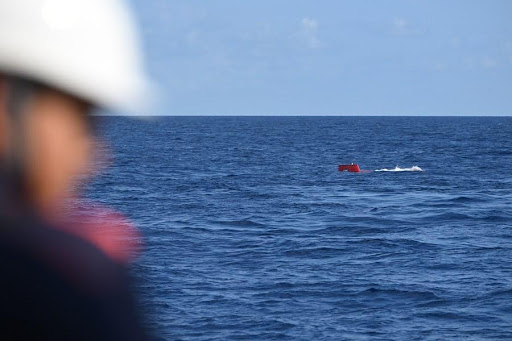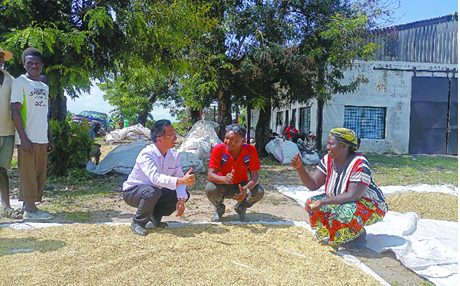JERUSALEM, Israeli troops and Hamas militants engaged in face-to-face battles on Wednesday for control of Khan Younis, Gaza’s second-largest city, amidst heavy fighting across the Strip, impeding the desperately needed distribution of aid.
The Israeli army said in a statement that Israeli commandos reached “the heart of Khan Younis” and encircled it. Ground and air forces launched an attack on the city, killing “several” militants, destroying about 30 tunnel shafts, and raiding a Hamas battalion post, where weapons were found and destroyed, according to the army.
Meanwhile, Israeli forces continued their attacks in the northern part of Gaza, with “fierce fighting” taking place, especially in Jabalia and Shujaiya. More than 250 locations were struck from the air over the past day.
Israeli Prime Minister Benjamin Netanyahu said in a video address that Israeli forces were “surrounding” the home of Yahya Sinwar, Hamas leader in the Gaza Strip. “His home is not his castle, and he can flee, but it is only a matter of time until we find him,” Netanyahu said.
Israel Defense Forces Spokesman Daniel Hagari told a press briefing that Sinwar is not in his home. “He is underground,” said Hagari. “I don’t want to say where he is and how and what intelligence we have (on his whereabouts),” Hagari said.
Hagari confirmed that one of the goals of the attack, triggered by the deadly Oct. 7 Hamas assault on southern Israel, is to “locate Sinwar and kill him.”
The blockade imposed by Israel and the fighting across the 365-square-km enclave increased fears of the “collapse of the humanitarian system in Gaza,” United Nations Secretary-General Antonio Guterres said in a letter to the UN Security Council, urging the Security Council to “press to avert a humanitarian catastrophe” in Gaza and unite in a call for a full humanitarian ceasefire between Israel and Palestinian militants.
According to the United Nations, over the past three days, the delivery of water and flour was possible only to reach the area of Rafah due to the relentless bombardment of roads across the enclave.
At least 1.87 million Gazans have been forced to flee their homes since the start of the conflict, said the UN.
According to the Hamas-run media office on Tuesday evening, more than 16,248 people have been killed, of whom about 75 percent are children, women, and the elderly. At least 43,616 people, mostly children and women, were injured, while more than 7,600 others are still missing.
Despite Qatar’s Foreign Ministry Spokesman Majed Al-Ansari saying in an interview with the Al-Quds Al-Arabi newspaper on Tuesday that “Doha’s efforts to mediate an end to the crisis in Gaza are ongoing and will not cease,” the attack has shown no signs of abating.
Israel’s Ha’aretz newspaper quoted senior Israeli security officials as saying that, Israel wishes to continue the intensive fighting for at least a month before withdrawing most of its forces and carrying out only “specific raids.”
Israel’s military chief Herzi Halevi did not commit to a specific time but said during a talk with soldiers on Wednesday that the attack “will continue for some time.”












